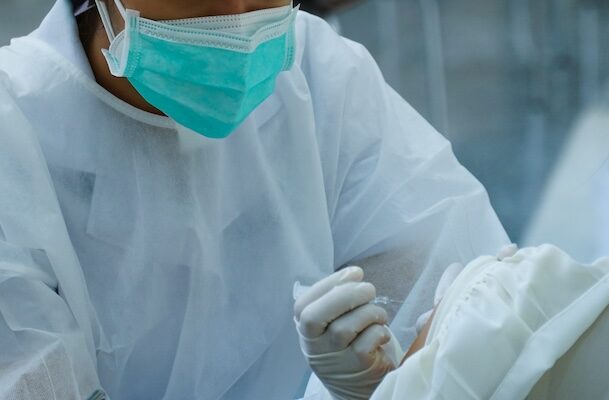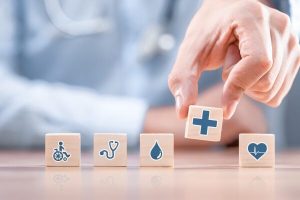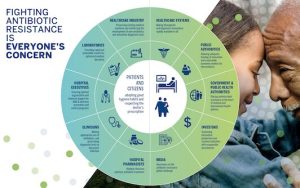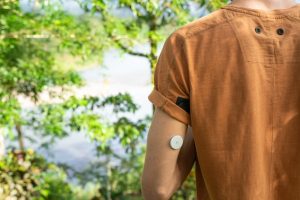Promoting Equitable Access to Health Care: A Nurse’s Perspective

It’s difficult to define narrowly the work Kelly Davison does to advocate for the health of local communities and Indigenous people, including Métis like himself. It’s multi-faceted and spreads across multiple organizations, but health equity is always at the core.
He is a registered nurse working with the Ministry of Health in British Columbia, Insite in Vancouver’s Downtown Eastside and Lion’s Gate Hospital. He is also a research coordinator for Dr. Lisa Bourque Bearskin, the B.C. Chair of Indigenous Health Nursing Research, and a co-chair of the Sex-Gender Working Group with Canada Health Infoway and trainee with the University of Victoria’s gender, sex and sexual orientation research team. He is currently working on his PhD.
Davison’s passion for improving health care runs deep. Born and raised in Calgary, Davison moved to B.C. in 2007 to set down roots. Early on, he knew the focus would be on health. “Everything connects to health – air and water quality, social engagement, education…,” says Davison. “This is what many people don’t appreciate. Humans are a part of the ecosystem; our lives depend on the natural
environment.”
It was something he learned from Elders he worked with as an archaeologist alongside Indigenous community members doing community-based Indigenous Knowledge Research. He helped bring community voice to the assessment of potential impacts of industrial projects. The Elders talked often about the connection between life, air, water, the land, spirituality and human health. That understanding of holistic connections inspired his research supported by AGE-WELL, Canada’s technology and aging network.
In 2020, Davison was awarded AGE-WELL’s Indigenous Graduate Fellowship in Technology and Aging, a scholarship award that provided funding for him to explore the effects of virtual care on community-dwelling older adults, including the unprecedented mobilization of virtual care services during the pandemic. Collaborating with Dr. Bearskin, he has shifted his work from Two-Eyed Seeing to Wise Practices for telehealth for Indigenous communities. “Every community is different and the Wise Practices for each one will be different.”
It’s also a chance to create change, explains Davison. “There’s always been a disparity in terms of health services in communities versus that in bigger centres. That’s an economic and geographical factor, but a cultural one as well. There is an interesting opportunity to start closing that gap, especially in more remote areas, because not everybody wants to, or can, travel long distances to see a doctor or a specialist.”
Adding to the care disparity for Indigenous communities is the risk to individuals of “…being stigmatized, discriminated against, racialized and harmed, if you’re not from colonial culture,” as Davison points out. Being an advocate means improving the experience for Indigenous people seeking health care.
To help do that effectively, Davison’s AGE-WELL training has been a key to his success. “It provided me with an excellent foundation for my research and advocacy work,” he says. “It delved into ethics, diversity and inclusion, racism and stigma – all very important topics. The training also covered how to engage with policy change effectively and how to build networks. As an emerging scholar, health-care professional and
researcher, it was invaluable.”
As an EPIC (Early Professionals, Inspired Careers) training graduate, he is focused on improving access to health care, making it easier and safer, especially for marginalized people. Davison hopes he can affect change and help create a new path for accessibility and equity.
Michele Sponagle is a freelance writer. AGE-WELL is Canada’s technology and aging network. The pan-Canadian network has mobilized a vast community of researchers, older adults, caregivers, partner organizations and future leaders to accelerate the delivery of technology-based solutions for healthy aging. For more information, visit www.agewell-nce.ca








